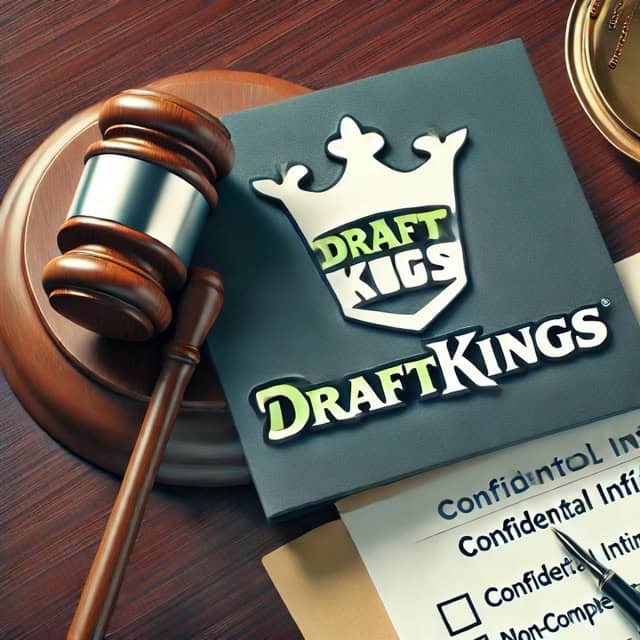
DraftKings, one of the largest names in sports betting, has found itself embroiled in a high-profile lawsuit against former senior executive Michael Hermalyn. As both parties negotiate a potential settlement, the case sheds light on the complexities of non-compete clauses and the competitive nature of the gaming industry.
The Case Against Michael Hermalyn
In February 2024, DraftKings filed a lawsuit against Hermalyn, accusing him of taking confidential information to his new employer, Fanatics Sportsbook. DraftKings alleged that Hermalyn had violated his non-compete agreement by sharing insider knowledge, customer lists, and marketing strategies with Fanatics.
The legal battle escalated when DraftKings discovered what they called a “mountain of evidence” supporting their claims. Hermalyn, however, has vehemently denied the accusations, describing them as an attempt to damage his reputation.
Non-Compete Clauses in the Gaming Industry
This case highlights the importance of non-compete clauses in the highly competitive world of sports betting and iGaming. As the industry grows, companies are increasingly protective of their intellectual property and customer relationships. Hermalyn’s case is not unique—many executives in the gaming world face similar restrictions when moving between companies.
What’s Next for Hermalyn and DraftKings?
As the lawsuit drags on, both parties are reportedly negotiating a settlement that would end the costly legal proceedings. If Hermalyn is found in violation of his non-compete clause, it could set a precedent for future cases involving high-level executives in the gaming industry.
For now, the future of this legal battle remains uncertain, but it underscores the high stakes involved in the business of sports betting.
Contact us to explore iGaming advisory services for navigating industry challenges.








